Of Studies by Francis Bacon: Introduction
Have you ever felt that magical escape when flipping through the pages of an old book? Read Francis Bacon’s timeless essay, “Of Studies,” a Renaissance masterpiece that continues to captivate minds since 1597.
While some may throw around big words like “epistemological framework,” fear not. “Of Studies” is a practical guide, a friendly chat with your worldly uncle, offering wisdom to the curious and ambitious.
Think of it as advice from someone who’s seen bookworms buried in tomes and practical folks scoffing at “fancy talk.” Bacon’s nuggets remind us that studies aren’t just about facts; they’re about enriching our lives in unexpected ways.
In his charmingly blunt way, Bacon reveals that studies are our playground, treasure trove, and even our weapon. They sharpen our conversation skills, improve judgment, and navigate human affairs. Yet, like any good uncle, Bacon warns against excess. Too much bookishness can turn us into lazy recluses, quoting without substance.
This post invites you on a journey through Bacon’s wisdom, exploring the three main uses of studies – for delight, ornament, and ability. Discover how a dose of knowledge can make us not just smarter but better versions of ourselves.
Laugh, learn, and raise an eyebrow or two as we reveal the secrets of “Of Studies”!
Text of Of Studies by Francis Bacon
Studies serve for delight, for ornament, and for ability. Their chief use for delight is in privateness and
retiring; for ornament, is in discourse; and for ability, is in the judgment and disposition of business. For
expert men can execute, and perhaps judge of particulars, one by one; but the general counsels, and the plots
and marshalling of affairs, come best from those that are learned. To spend too much time in studies is sloth;
to use them too much for ornament, is affectation; to make judgment wholly by their rules, is the humor of a
scholar. They perfect nature, and are perfected by experience: for natural abilities are like natural plants, that
need pruning, by study; and studies themselves do give forth directions too much at large, except they be
bounded in by experience. Crafty men condemn studies, simple men admire them, and wise men use them;
for they teach not their own use; but that is a wisdom without them, and above them, won by observation.
Read not to contradict and confute; nor to believe and take for granted; nor to find talk and discourse; but to
weigh and consider. Some books are to be tasted, others to be swallowed, and some few to be chewed and
digested; that is, some books are to be read only in parts; others to be read, but not curiously; and some few
to be read wholly, and with diligence and attention. Some books also may be read by deputy, and extracts
made of them by others; but that would be only in the less important arguments, and the meaner sort of
books, else distilled books are like common distilled waters, flashy things. Reading maketh a full man;
conference a ready man; and writing an exact man. And therefore, if a man write little, he had need have a
great memory; if he confer little, he had need have a present wit: and if he read little, he had need have much
cunning, to seem to know that he doth not. Histories make men wise; poets witty; the mathematics subtle;
natural philosophy deep; moral grave; logic and rhetoric able to contend. Abeunt studia in mores [Studies
pass into and influence manners]. Nay, there is no stond or impediment in the wit but may be wrought out by
fit studies; like as diseases of the body may have appropriate exercises. Bowling is good for the stone and
reins; shooting for the lungs and breast; gentle walking for the stomach; riding for the head; and the like. So
if a man’s wit be wandering, let him study the mathematics; for in demonstrations, if his wit be called away
never so little, he must begin again. If his wit be not apt to distinguish or find differences, let him study the
Schoolmen; for they are cymini sectores [splitters of hairs]. If he be not apt to beat over matters, and to call up one thing to prove and illustrate another, let him study the lawyers’ cases. So every defect of the mind
may have a special receipt.
About Francis Bacon
Francis Bacon, born in 1561, is known as the father of English essays. He was also a pioneer in modern philosophy and science. Despite being born into a wealthy family, Bacon chose to study law and excelled in it as his profession. At the age of twenty-three, he entered Parliament in 1584. In 1603, he was knighted and held important positions like Solicitor-General, Attorney-General, and eventually became Lord Chancellor of England in 1618. Unfortunately, his time as Lord Chancellor faced challenges with bribery accusations, leading to his removal. Bacon passed away in 1626, five years after facing disgrace and retiring from public life.
Despite setbacks in his public career, Bacon’s literary contributions were remarkable. His well-known works on science and philosophy include “Advancement of Learning” (1605), “Novum Organum” (1620), and “De Augmentis” (1623). He also wrote “History of Henry VII” (1621) and “New Atlantis” (1627), an imaginary dreamland similar to Thomas More’s Utopia. However, Bacon’s primary fame lies in his work “Essays or Counsels Civil and Moral.”
Interestingly, Bacon had a low opinion of the English language and believed it would not endure. He wrote his serious works in Latin for greater permanence but used English for his essays, considering them insignificant. He referred to his essays as ‘certain brief notes’ or ‘repositories of dispersed meditation’ and ‘receptacles for detached thoughts.’ He compiled these from random brilliant or suggestive thoughts, constantly adding to them. Ironically, it is his English essays that have brought lasting fame, while his Latin works are now historical curiosities.
Despite his intellectual prowess, Bacon was criticized for lacking moral principles. He didn’t hesitate to use unscrupulous means to rise in life or betray friends who helped him. Perhaps Alexander Pope was right in calling Bacon “the wisest, the brightest, and the meanest of mankind.”
Summary of Francis Bacon’s “Of Studies”:
The Benefits of Learning:
Francis Bacon, in his essay “Of Studies,” argues that learning, or “studies,” serves three main purposes: delight, ornament, and ability. Each purpose finds its best expression in different settings:
Delight: Studies offer pleasure and enjoyment in private moments of peace and quiet.
Ornament: Studies enhance our conversation and public discourse, making us more eloquent and informed.
Ability: Studies improve our judgment and decision-making, particularly in managing complex situations and businesses.
Bacon emphasizes that truly learned individuals excel in guiding others and formulating strategic plans. While skilled professionals can handle specific tasks individually, broader perspectives and effective leadership come from those well-versed in various fields.
Moderation and Balance:
However, Bacon warns against extremes. We must avoid:
Excessive study: Too much learning can lead to laziness and withdrawal from the world.
Excessive showmanship: Using knowledge solely for self-glorification is foolish and pretentious.
Over-reliance on rules: Blindly following academic principles without practical application is a scholar’s folly.
True wisdom lies in balancing theory and experience. Studies refine our natural abilities, just as pruning cultivates plants, but their effectiveness is limited without the grounding of lived experience.
Approaching Learning Wisely:
Bacon identifies different attitudes towards learning:
Crafty men: They dismiss the value of studies, seeing them as impractical.
Simple men: They admire studies but lack sufficient understanding of their true use.
Wise men: They utilize studies effectively, recognizing their limitations and supplementing them with independent observation and reflection.
Effective Reading Skills:
Bacon advises that we approach reading with a thoughtful and critical mind, not to blindly accept or argue, but to weigh and consider the ideas presented. Different books require different approaches:
Tasted: Some books offer valuable insights in parts, not requiring a full read.
Swallowed: Others provide general knowledge that doesn’t demand in-depth analysis.
Chewed and digested: A select few deserve thorough and attentive reading for deep understanding.
Delegating reading for summaries can be acceptable for less important or lower-quality works, but relying solely on these “distilled” versions dilutes the richness and nuance of genuine engagement with the text.
The Fruits of Learning:
Bacon emphasizes the value of different learning activities:
Reading: Makes one knowledgeable and well-rounded.
Conversation: Enhances quick thinking and wit.
Writing: Develops precision and clarity of thought.
He cautions that a lack of writing requires a strong memory, while neglecting conversation demands sharp wit, and minimal reading necessitates cleverness to mask your knowledge gaps.
Disciplines and their Impact:
Finally, Bacon highlights the specific benefits of various disciplines:
History: Develops wisdom and understanding.
Poetry: Fosters wit and creativity.
Mathematics: Sharpens logical reasoning and subtlety.
Natural philosophy: Encourages deep and insightful thinking.
Moral philosophy: Promotes seriousness and integrity.
Logic and rhetoric: Equips one for effective argumentation.
He concludes by stating that learning shapes our character and behavior, and no mental limitation is insurmountable with appropriate studies, just as specific exercises address various physical ailments.
Overall, “Of Studies” offers a timeless perspective on the benefits and pitfalls of learning. By approaching knowledge with balance, critical thinking, and a focus on practical application, we can enrich our lives and develop our intellect to its full potential.
“Of Studies”: A Detailed Analysis
Francis Bacon’s “Of Studies” is more than just an essay on learning; it’s a philosophical exploration of the intricate relationship between knowledge and life. To truly appreciate its depth, we need to delve into the specific ways Bacon dissects the “uses” of studies, the pitfalls to avoid, and the ultimate wisdom it imparts.
The Threefold Utility of Studies:
Bacon lays out three primary benefits of pursuing knowledge: delight, ornament, and ability. Delight lies in the inherent joy of learning, the private satisfaction of exploring new ideas and concepts. It’s the pleasure of losing oneself in a good book, a quiet sanctuary from the world. Ornament refers to the enhancement of one’s discourse and social presence. Studies equip us with knowledge and eloquence, allowing us to shine in conversation and impress others. Finally, ability encompasses the practical application of knowledge in business and decision-making. It’s the ability to analyze situations, formulate strategies, and navigate complex challenges.
Finding the Right Balance:
However, Bacon warns against overindulgence in any of these uses. Excessive studies can lead to sloth and isolation, while relying solely on knowledge for ornament can make us pretentious and superficial. Blindly following academic rules without practical experience can turn us into pedantic scholars, divorced from reality. The key is to find a balanced approach, recognizing that true wisdom lies in combining study with experience:
Nature and studies: Our natural abilities are like plants that need pruning through study, but studies themselves require the grounding of experience to avoid becoming overly theoretical.
Crafty, simple, and wise: Those who dismiss studies are ignorant, those who blindly admire them are naïve, and those who use them wisely are truly learned. Wisdom lies beyond mere knowledge, gleaned from observation and independent thought.
The Art of Reading:
Bacon goes on to offer practical advice on approaching books. He distinguishes between different types of texts, urging us to read selectively and critically:
Tasted: Some books offer a quick glimpse, like appetizers, to be enjoyed in parts.
Swallowed: Others provide sustenance, to be read comprehensively but not obsessively.
Chewed and digested: Only a select few merit thorough analysis and deep reflection.
He also emphasizes the importance of active engagement with texts, not merely passive consumption:
Read not to contradict: Approach texts with an open mind, not seeking to prove them wrong.
Read not to believe blindly: Question assumptions and analyze evidence.
Read not just to talk: Go beyond superficial discussion and engage in thoughtful reflection.
Sharpening the Mind:
Bacon then explores the transformative power of studies on various aspects of our intellect:
Reading makes a full man: Builds a broad base of knowledge.
Conference makes a ready man: Develops quick thinking and social skills.
Writing makes an exact man: Improves clarity and precision of thought.
He further suggests specific disciplines for honing different mental faculties:
Mathematics: Enhances logical reasoning and problem-solving.
History: Cultivates wisdom and understanding of human behavior.
Poetry: Develops wit and creativity.
Natural philosophy: Fosters depth of thought and critical analysis.
Moral philosophy: Inspires ethical reflection and sound judgment.
Logic and rhetoric: Equips us with the tools of argumentation and persuasion.
The Final Takeaway:
“Of Studies” concludes with a powerful message: there’s no intellectual obstacle that can’t be overcome through targeted study, just as physical ailments can be addressed through appropriate exercises. This emphasizes the transformative potential of knowledge, its ability to reshape our minds and equip us to navigate the complexities of life.
In essence, Bacon’s essay is not just a guide to studying; it’s a philosophy of lifelong learning. It encourages us to approach knowledge with curiosity, balance, and purpose, recognizing its power to enrich our lives both intellectually and personally. By understanding the various uses and pitfalls of studies, we can cultivate a love of learning that transcends mere academic pursuits and becomes a driving force for personal growth and societal contribution.
This is just a glimpse into the essay “Of Studies.” Each sentence of the essay deserves careful consideration, and further exploration of specific themes and historical context can reveal even deeper layers of meaning.
Read this also 20 MCQs on the Theme of Ode on a Gracian Urn
Discover more from Gyankundli
Subscribe to get the latest posts sent to your email.
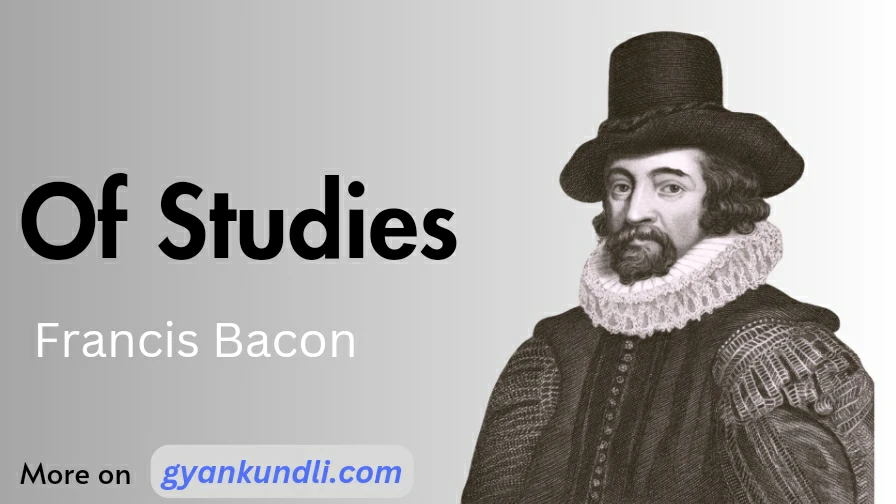
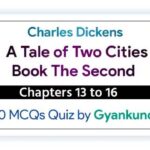
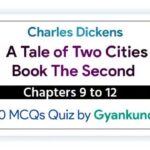
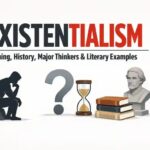


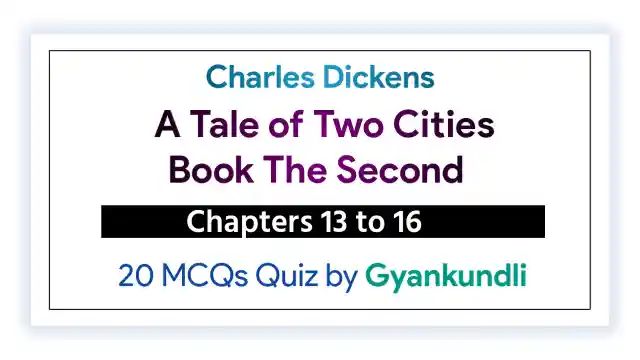
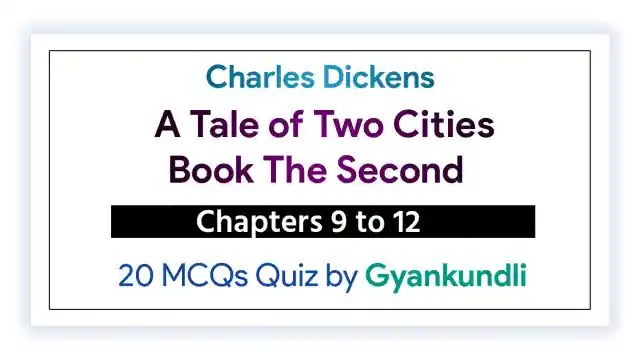
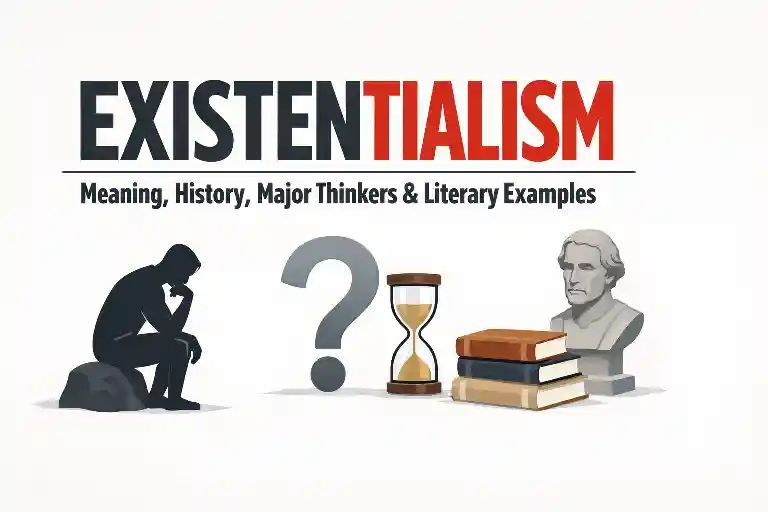
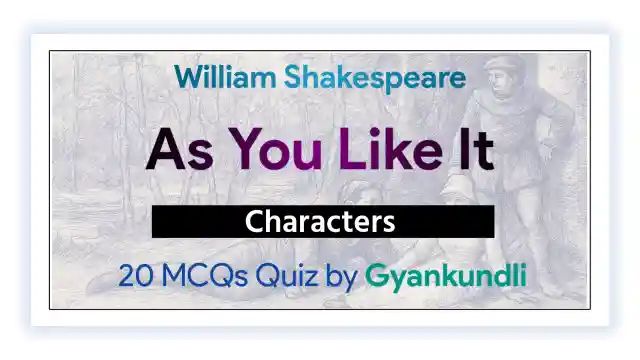
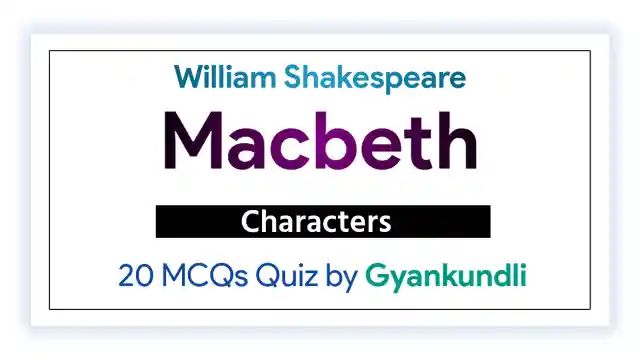

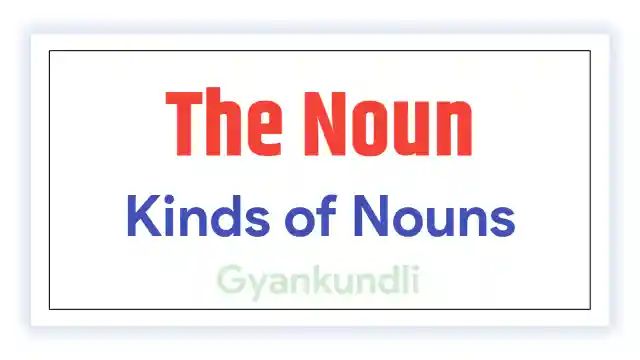

3 thoughts on “Of Studies by Francis Bacon: Introduction, Summary & Analysis”